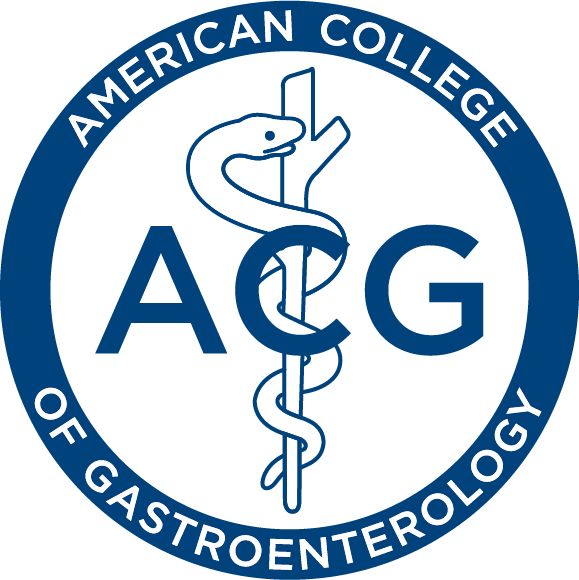Newswise — A common prescription medicine class used to treat chronic heartburn and acid reflux disease (GERD) was linked to halitosis, or bad breath, in a study presented at the 71st Annual Scientific Meeting of the American College of Gastroenterology.
Doctors at UNIFESP in Sao Paulo, Brazil, examined 23 adult patients with GERD (mean age 54 years) and 17 adult patients with dyspepsia (mean age 56 years) in May 2006 to ascertain the relationship between halitosis and GERD. The results showed that 39 percent of the GERD patients suffered from halitosis and that treatment with a proton pump inhibitor (PPI) was deemed a factor in at least 75 percent of the cases. Dyspepsia did not seem to be a leading cause of halitosis, with just 18 percent of the dyspepsia patients suffering from bad breath. No gender differences were observed in the GERD group.
"Once we excluded oral causes of halitosis, we discovered that bacteria overgrowth associated with PPI usage might play a role in causing bad breath," said Luciana Camacho-Lobato, MD, Ph.D of UNIFESP. "It certainly is worth further investigating this matter."
About the American College of GastroenterologyThe ACG was formed in 1932 to advance the scientific study and medical treatment of disorders of the gastrointestinal (GI) tract. The College promotes the highest standards in medical education and is guided by its commitment to meeting the needs of clinical gastroenterology practitioners. Consumers can get more information on GI diseases through the following ACG-sponsored programs:
"¢ 1-800-978-7666 (free brochures on common GI disorders, including ulcer, colon cancer, gallstones, and liver disease)"¢ 1-866-IBS-RELIEF and http://www.ibsrelief.org (free educational materials)"¢ 1-800-HRT-BURN (free brochure and video on heartburn and GERD)"¢ http://www.acg.gi.org (ACG's Web site)
MEDIA CONTACT
Register for reporter access to contact detailsCITATIONS
American College of Gastroenterology 71st Annual Scientific Meeting
